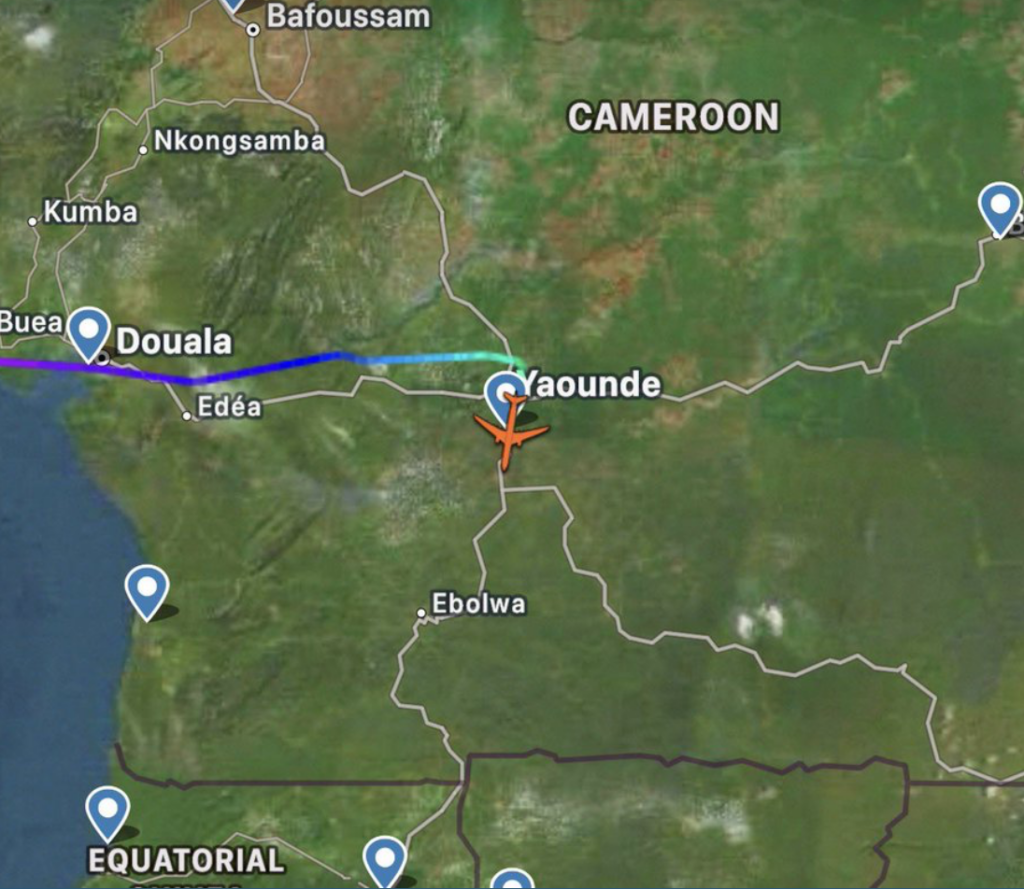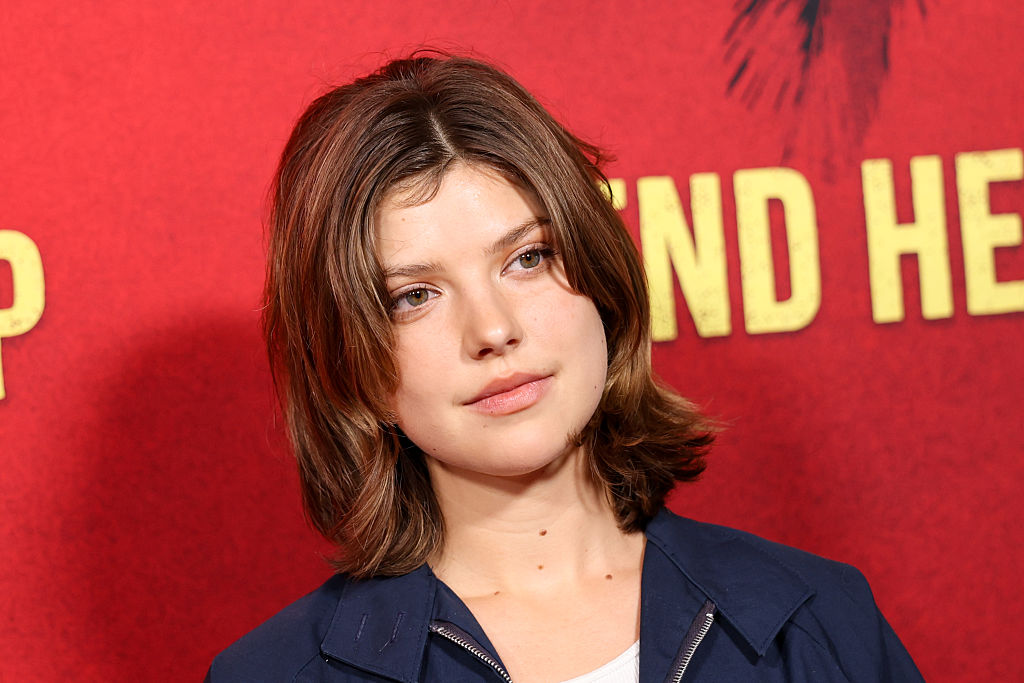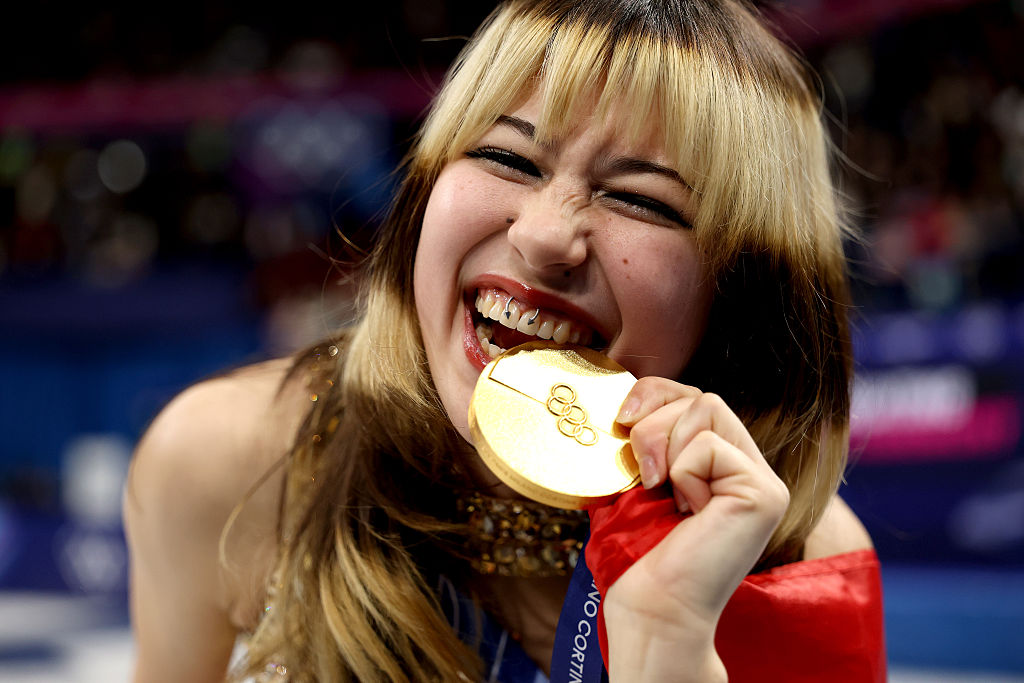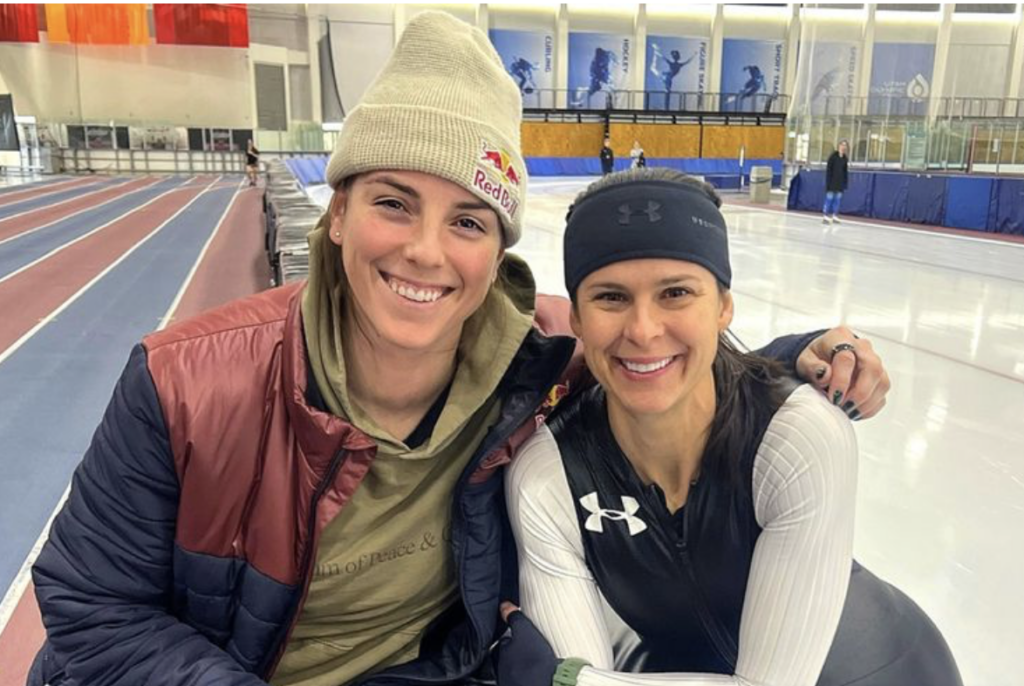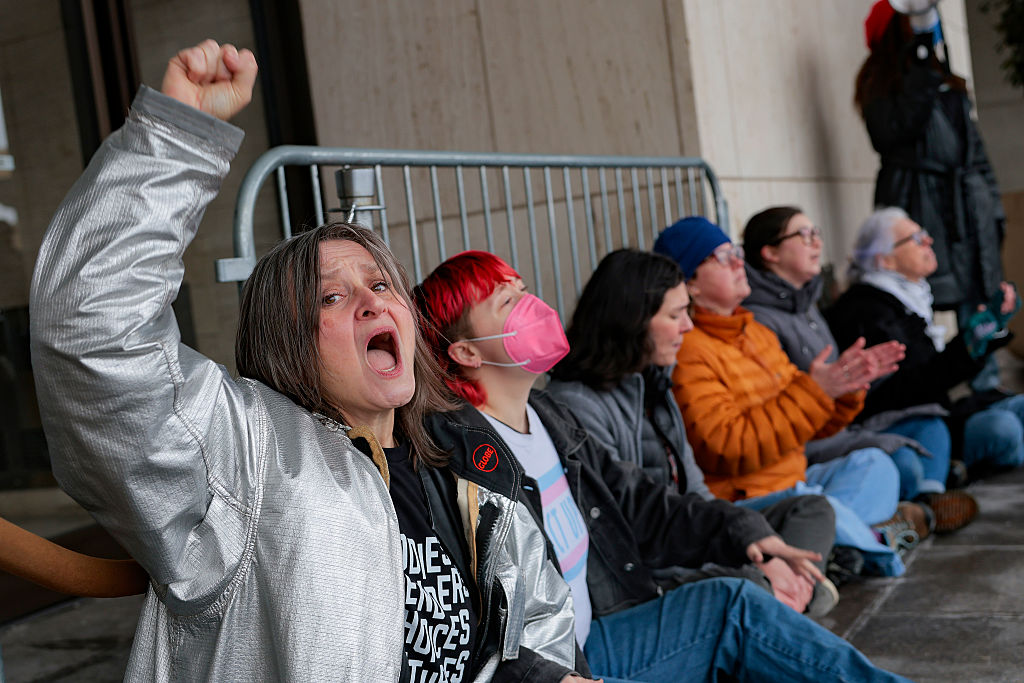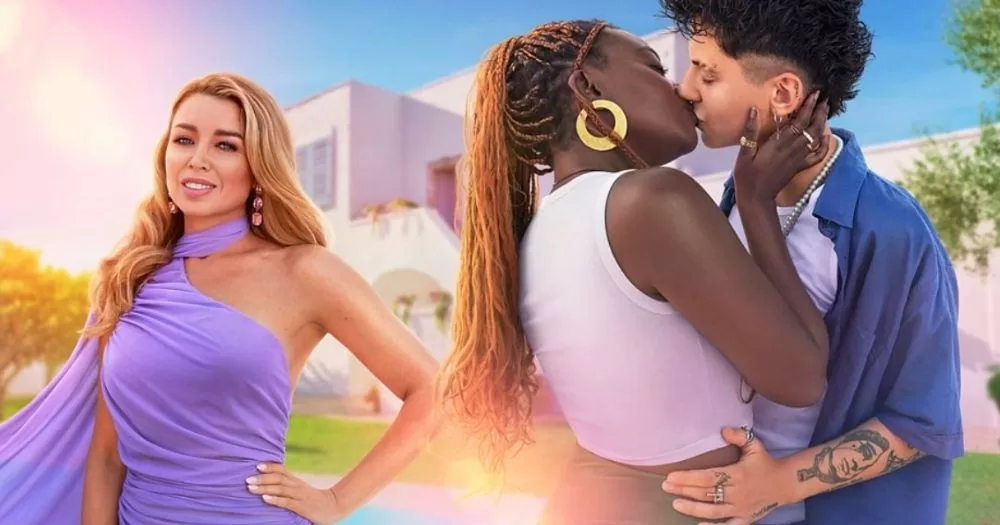What Does The ‘Q’ Stand For?
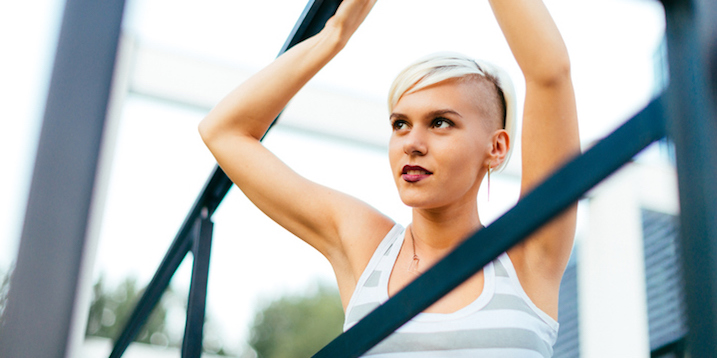
What the word “queer” means to me.

For the next week, GO will be running a series of essays written by different LBTQ women, describing what lesbian, bisexual, trans, and queer means to them.
When I was 22 years-old, I met the most beautiful woman I had ever laid eyes on. I was working at the Hudson Valley LGBTQ Community Center at the time, but I wasn’t out yet. It was my job to give Chloe* a tour of the building (lucky me!), as she wanted to volunteer with the Center. Over the coming months, we started a budding relationship and I began to come out publicly to the people in my life.
My job at the Center and my relationship with Chloe were both instrumental aspects of my coming out process — and ultimately owning my queer identity with pride. Chloe and I were both newly out and we’d have long conversations laying in bed talking about how we felt about our sexuality and the nuances of it all. We talked about our mutual mentor and friend Ruthie, who was an older lesbian and played a huge role in feminist activism in the 60s and 70s. She had long grey hair and taught us about crystals, the moon, and our herstory.
Ruthie was also my coworker at the Center and during our time there together, we would constantly get asked three questions by visitors passing through: “What does the Q stand for? But isn’t ‘queer’ offensive? What exactly does ‘queer’ mean?”
In my years as a member of this community, I’ve found that many people of generations older than Millennials find queer to be a derogatory word as it has been used to bully, dehumanize, and harass LGBTQ people for decades. Ruthie would tell me stories of “f*cking queers” being screamed at her by men on the street as a young lesbian brazenly holding hands with her girlfriend. While the pejorative use of the word hasn’t completely disappeared, queer has been reclaimed by many in the community who want to have a more fluid and open way to identify their sexual or gender orientations.
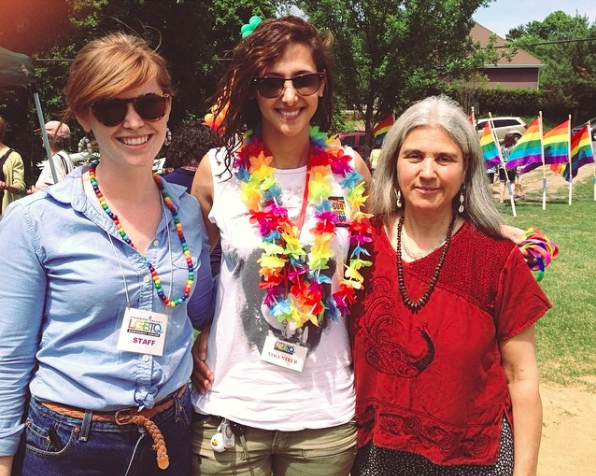
Personally, I love how nuanced queer is and how personal the definition can be for everyone who reclaims it as their own. My personal definition of queer, as it relates to my sexuality and relationships, is that I’m open to f*cking, loving, dating, and experiencing intimacy with women (both cis and trans), gender-nonbinary folx, and trans men. However, if you talk to other queer people — you’ll find their own personal definitions likely vary from mine. And that’s a beautiful thing for me; to not be confined to a singular definition of sexuality, to allow yourself to be fluid with your desires.
To reclaim something — whether it be a space, word, or identity — is incredibly powerful. The first group to reclaim the word queer was a group of militant gay people who called themselves Queer Nation. They started as a response to the AIDS crisis and the corresponding homophobia in the late ’80s. During New York’s 1990 Pride march, they handed out leaflets titled “Queers Read This” explaining how and why they planned to reclaim queer in an empowering way:
“Being queer is not about a right to privacy; it is about the freedom to be public, to just be who we are. It means everyday fighting oppression; homophobia, racism, misogyny, the bigotry of religious hypocrites and our own self-hatred. (We have been carefully taught to hate ourselves.) […]
It’s about being on the margins, defining ourselves; it’s about gender-f*ck and secrets, what’s beneath the belt and deep inside the heart; it’s about the night. Being queer is ‘grassroots’ because we know that everyone of us, every body, every c*nt, every heart and ass and dick is a world of pleasure waiting to be explored. Everyone of us is a world of infinite possibility. We are an army because we have to be. We are an army because we are so powerful.”
During my time working at the Center, I not only learned how to speak up for myself as a queer person and explain to every straight visitor what the “Q” represented, I also grew to understand the deep-rooted pain and trauma that lives in our history, much of which exists from the outside cis-heteronormative world. However, there are growing pains and in-fighting that have originated from within.
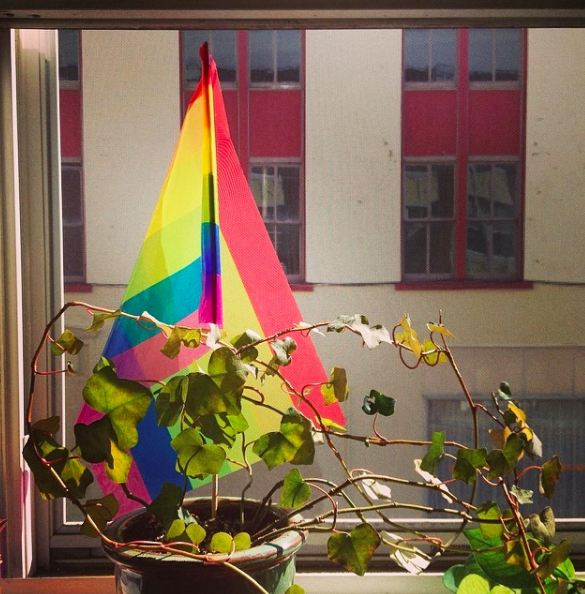
At the Center, I was in charge of ensuring that all of the peer-led groups kept a regular calendar and assisted them with any funding needs they had. It was about 6-months into my job when I first had to navigate transphobia from the weekly women’s group. I had grown close to one of our volunteers and community members, Laci*, who is a trans woman and a fierce advocate for women’s rights. She disclosed to me that the leaders of the women’s group were no longer allowing herself and other trans women to attend the weekly women’s group.
I was enraged.
My naive 22-year-old self could not fathom women not supporting and loving their fellow kin simply because their experience with womanhood differed from their own. (I would now argue that every experience of womanhood is different. We’re all complex human beings and while womanhood may tie us together in some ways, we all have different experiences with what it means to be a woman.) I worked tirelessly with the community to mend these wounds and create a trans-inclusive women’s space at the Center.
When I started engaging with these lesbian women who did not want to welcome trans women into their weekly meeting, I found that they were deeply afraid and protective. They questioned my queer identity and why I chose that word which had hurt them so much. They felt protective over their “Women Studies” majors which have now primarily switched over to “Women and Gender Studies” at liberal arts schools. As we grew in our conversations together, we began to unpack some of that pain. We started to get to the *root* of the issue. Their identity as women and as lesbians is at the core of who they are.
Which I fiercely understand, as I feel the same way about my queerness. We worked together so that I could understand their history and so they could understand that just because someone’s experience with sexuality or womanhood differs from their own, doesn’t mean it’s an attack lesbian identity.
Ultimately, several women who could not let go of their transphobic beliefs left the community meeting to create their own gathering in their homes.
I tell this story because it has since played a huge role in shaping my understanding of the LGBTQ community — specifically within the realm of queer, lesbian and bisexual women whether they are cis or trans. The chasm that has been caused by non-trans inclusive women’s spaces is a wound that runs very deep in our community.
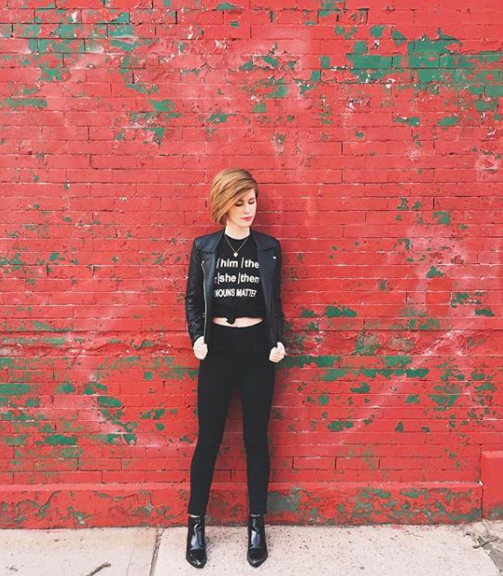
I am a fierce advocate and believer in having our own spaces as women — especially as queer, lesbian and bisexual women. However, I am also a strong believer that these spaces should be decidedly trans-inclusive. I will not participate in an event, gathering or community space that is specified as women’s only but shuns trans or queer women. Because that is saying loud and clear that these cis women feel the need to have a space of “safety” from trans and queer women. Which, to me, makes no sense, as real as lesbophobia is — trans women are dying and also need a safe space to gather amongst their peers who can understand their experiences of misogyny and homophobia in the world at large.
In fact, lesbophobia and transphobia intersect in a unique way for trans women who identify as lesbians. When we begin to recognize that as a reality in our community, we can truly get to the root of anti-lesbian, anti-queer and anti-trans ideologies and how to combat them.
While this complex and deep community issue is notoriously perpetuated by cis lesbian women — that does not mean that lesbian identity is inherently transphobic. I want to support every person who is a member of our larger queer and trans community, including lesbians. I mean, I work for a primarily lesbian publication. And we as a community can do better than this simplistic belief that lesbians are automatically TERFs (trans exclusionary radical feminist) because it’s simply not true. In fact, I work alongside three amazing lesbian women who are not TERFs at all.
However, I would be lying if I said that this experience with older transphobic lesbians didn’t taint my understanding of lesbian identity as a baby queer. It did. As quickly as I grew those warm-and-fuzzy-rainbows-and-butterflies baby queers feelings, I also quickly politicized my queer identity to understand it as something far more vast and comprehensive than my sexuality.
Being queer to me is politically charged. Being queer means taking action in your life to deconstruct systems of violence that have been built up against our larger LGBTQ community. Being queer means understanding how other marginalized identities are intertwined in homophobia and transphobia, creating a web of oppression we must resist against. Being queer means standing is solidarity with these radical sister movements against racism, ableism, misogyny, and classism. Being queer is knowing that your body is too much and yet also not enough for this world. Being queer is embracing you magic despite it all.
This world was not built for the safety of LGBTQ+ people. That’s exactly why we need to unite in our community, in our power, and in our love. I can envision a radically queer future in which we all are able to truly transform the current status quo of oppression. In this utopian future, trans women are women point blank, no questions asked, whether they “pass” or not. Genderqueer and nonbinary identities are accepted and they/them pronouns are understood without stubborn protest. Queer and lesbian women respect each other’s valid and different identities without contestation. All LGBTQ+ people are actively working against racism and classism both within and outside of our communities. We leave room for tough community conversations without attacking each other in toxic ways online.
Close your eyes and paint this picture of what our queer future could be. Imagine the change we could create. What would it take for us to get there? Let’s go out and do that.
*Names have been changed for anonymity
Corinne Kai is the Managing Editor and resident sex educator at GO Magazine. You can listen to her podcast Femme, Collectively or just stalk her on Instagram.







